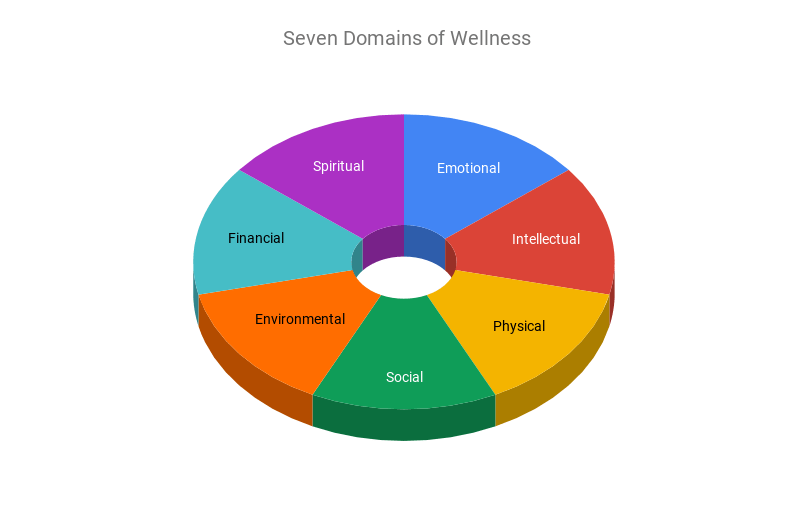One question I am often asked about is the connection between nutrition, fitness, and sleep. We know that each is important on its own, but how do they all fit together in the health and wellness lifestyle? We’ve discussed the benefits of eating healthy, we’ve talked about why we should exercise, and we discussed why we all need more sleep. Now how do they all work together? The truth is we often forget about that third component when we think about our health. But, sleep is linked with how we eat (and how much), how we exercise (and whether or not we lose weight), and how we function on a daily basis. All three are the cornerstones to a happy, healthy life.
In relation to sleep, the time we exercise matters. Experts say we should exercise at least three hours before your bed time with the best time usually afternoons. Exercise can help you stay more alert, speed up your metabolism and give you energy, but right before bed will just keep you awake. Sleep is related to our body temperature so when our body temperature rises during exercise, it can take up to 6 hours to come back down. Cooler body temperatures are associated with better sleep, so we want to make sure we have cooled off before we climb into bed. When we get enough sleep, we are giving our body time to recover, conserve energy, and repair and build up the muscles we worked while exercising.
When we don’t get enough sleep, we are then more likely to have a bigger appetite. This is caused by our leptin levels falling which then promotes our appetite to increase. Leptin is an appetite regulating hormone that is affected by lack of sleep. Another factor is that the psychological manifestations of fatigue, sleep, and hunger are very similar. This means that when you are feeling sleepy you reach for a snack rather than heading off to bed. The food choices we make throughout the day also affect our sleep at night. Studies found that eating more saturated fat, more sugar and less fiber was linked with lighter, less restorative sleep. This means we need to make more nutritious choices such as whole fresh foods in order to promote the deep restful sleep that will support our cognitive thinking the next day.
We now realize there is so much more to being healthy than we thought, it’s a complex system involving many factors. It all relates to what we put on our plate, how we move our body and the quality of our sleep.
Wellness Wednesday,
Tash




